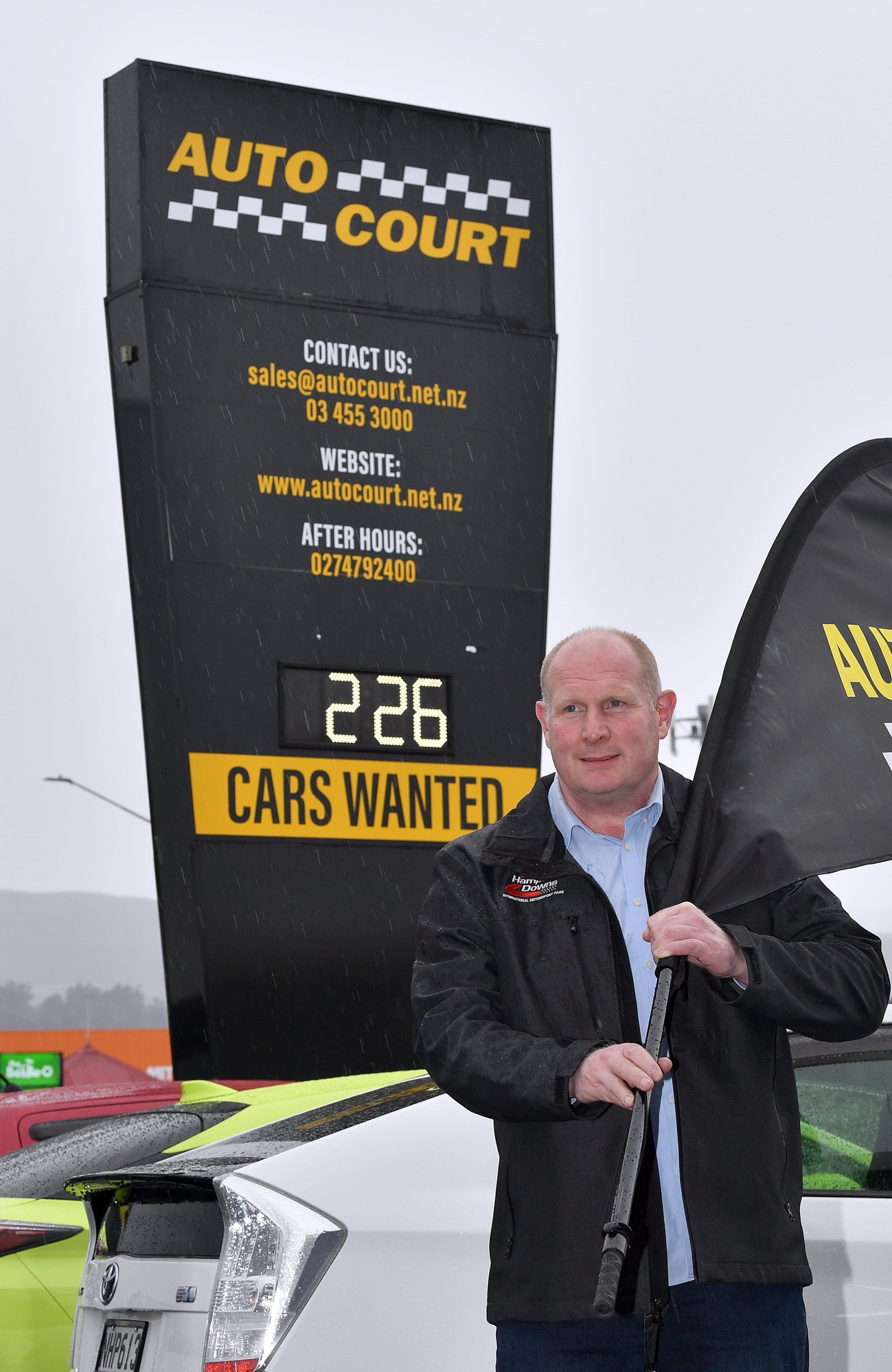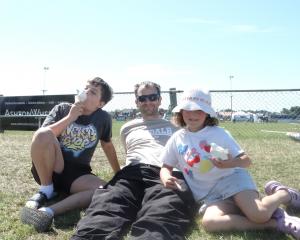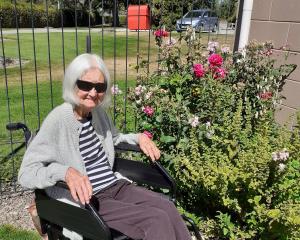Dealers spoken to yesterday said the government’s carbon tax had put prices up and it was hard to source cars from the Japanese second-hand car market.
Auto Court owner Nelson Cottle had been advertising locally for second-hand cars but was not getting much interest.
He said Auto Court was the first business in Dunedin to import from Japan in the late 1980s, and that had been the primary source of cars since.
"But with government regulations, there’s a carbon tax on petrol cars and some hybrids. What’s happened, the carbon tax has just made the majority of cars from Japan uneconomic to import," he said
Credits from electronic and hybrid cars had dropped as sales decreased in that market.
"So now we’re between a rock and a hard place to get the stock. So I have started advertising the past several months to buy locally, but, again, very, very hard to source good-quality, low-mileage New Zealand-new stock."
Auto Court had a yard in Neville St, but had moved to Andersons Bay Rd earlier this year.
"With stock being so hard to get, you know, it didn’t justify our yard. We stock 60 units now rather than 120 units. The past two years we haven’t been able to fill our [Neville St] yard.
He said prices had not come down.
"We used to bring in cars, $8000 to $10,000 retail. Now the fresh imports with low mileage start sort of $13,000 upwards."
"It unfortunately affects the people who have the lower amount of money to spend."

The amount of carbon tax paid depended on the size of the motor.
Prices in Japan had firmed and not depreciated as quickly as expected. Russia was still part of the market as it had ways of getting round a ban enforced because of the Ukraine war.
"We used to have a good supply of cars throughout the price ranges, you know. We were mainly sort of five grand up to sort of 40 grand and now we’re just struggling."
Car dealer Brian Scott said carbon taxes were ridiculous and were pushing prices up.
"I just bought in a family SUV, a two-litre petrol car, which compared to a two-litre car 20 years ago is like 50% more fuel efficient which means it’s better for the environment. And it’s got nearly $2000 worth of carbon taxes on it," he said.
Small cars were round if you looked hard, and had contacts. But they had to be tidy and in good order, he said.
Changes by the last government impacted on low-income people so they could not now get a loan to buy a car. That cut them out of the market.
A dealer, who declined to be named, said the day of the cheap second-hand car had definitely gone.
That had been caused by costs rising everywhere from wages, grooming, advertising and on-road costs. But the margin for the dealers had remained the same.
If a dealer sold a car for $5000 and the car had a fault the car’s owner would be hitting up the dealer who would make a loss. It was too much of a risk to sell an older, cheaper car.
To buy a cheap car for about $3000, people now went to social media, but that was fraught with danger, he said.













